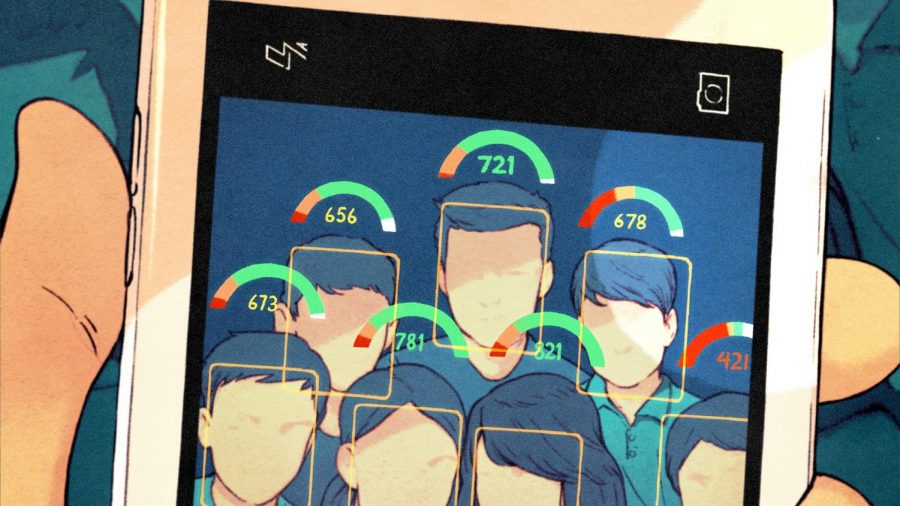What if Big Brother Really Was Watching You?
Imagine a totalitarian society where video cameras track your every move and you are watched and monitored every day for any inkling of dissenting thought. The idea of a social credit system determining whether you have access to certain benefits based on your actions sounds like something out of Black Mirror, but it is an unfortunate reality in the People’s Republic of China. The development of a Chinese social credit system has caused a lot of controversy in the global sphere, but despite a negative global reception continues to affect Chinese citizens to this day.
The Chinese social credit system was implemented by the Chinese Communist Party (CCP), the official governing body of the People’s Republic of China. Essentially, the social credit system is a way of morally ranking their citizens based on behavior. According to Business Insider, the social credit system is “an important component of the Socialist market economy system and the social governance system” and aims to reinforce the idea that “keeping trust is glorious and breaking trust is disgraceful.”
Simply put, citizens are punished for infractions that range from mild to severe. The criteria that go into a social credit ranking depends on where you are. For example, bad driving, posting fake news or false information online, wasting money on needless and unnecessary purchases, and even spending too long playing video games are all infractions that are punishable according to the social credit system. The punishments, too, are varied; travel bans, throttled internet speed, and lack of access to higher education are all examples of punishments the Chinese government has doled out. In 2018, over seventeen million people were barred from purchasing flights in China, and sixteen people were prohibited from attending higher education institutions because they refused to carry out military service in 2017. However, the punishments extend to all aspects of ordinary life. Even pets are unsafe, as the city Jinan in the eastern province started enforcing a social credit system in which pet owners would get points deducted from their individual credit information systems if their dog was walked without a leash or caused public disturbances. If they lost enough points, their pets would be confiscated and they would have to re-learn regulations for proper pet ownership. There is a difference, though, between blacklisting and social credit deduction. Blacklisting means that, for example, if you owe money to the government, you could lose certain rights. The loss of social credit points doesn’t necessarily entail punishment, but it serves as a warning to fix behavior before a blacklist happens. If this sounds like a dystopian nightmare, it deepens into an even more terrifying reality.
The main issue with the social credit system is not that it collects a large amount of data about citizens which may violate privacy laws. The real concern is that private systems, such as large corporations, can gain access to government rankings and data. According to Mareike Ohlberg, research associate at the Mercator Institute for China Studies, “You’ll have sort of memorandum of understanding like arrangements between the city and, say, Alibaba and Tencent about data exchanges and including that in assessments of citizens.” This is a huge privacy concern and could lead to a serious lack of independence and control over Chinese citizens, which would decrease their quality of life greatly.
To understand why the social credit system is being piloted and implemented across China, an understanding of the Chinese Communist Party is needed. Since the party is based on principles of communism pioneered by Vladimir Lenin, their core idea is based on democratic centralism, “which entails open discussion of policy on the condition of unity among party members in upholding the agreed-upon decision,” says Wikipedia. The government values nationalist spirit, loyalty to the motherland, and patriotism. It also emphasizes reform and innovation, which explains why they are currently pioneering the social credit system to hopefully incentivize citizens into good behavior for the betterment of the People’s Republic of China as a whole.
The national and global response to the social credit system has been wholly negative. The fact that China is so openly manifesting a modernist belief in data technology that invades and corrupts privacy concerns many, according to the Princeton Review. Many critics, including Rachel Botsman, a professor at Oxford University, contend that the social credit system is “a futuristic vision of Big Brother out of control”. With these harrowing words in mind, it is important to consider the future of privacy laws and whether every move you make is tracked and recorded, because it may come back to haunt you.






